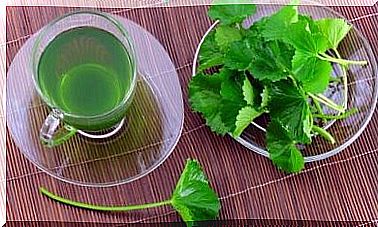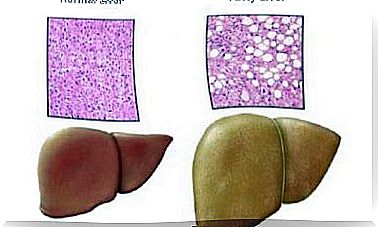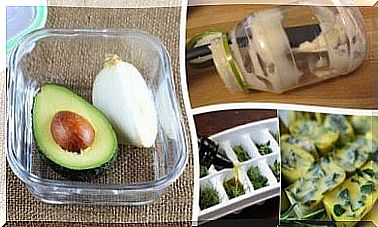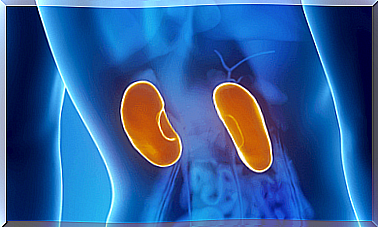Sulfites In Food – Allergies And Hypersensitivity

Sulfites are commonly known chemicals that were already used as food preservatives by the ancient Greeks and Romans.
Currently, the food industry uses them to prevent the oxidation of fats and oils in products processed by industrial methods. This is because sulfites preserve the original color of food (preventing it from darkening) and also prevent the growth of mold, bacteria and unwanted yeasts.
Sulfites can be recognized on nutrition labels due to the specific nomenclature of the indications. Firms must identify the function of the additives concerned in their products and then list them by name or by a code starting with the letter E. In this specific case, sulphites are coded E220 to E228.
This food label claim is mandatory because sulphites are part of a group of substances known to cause hypersensitivity. Detailed information on this subject is provided in the Codex Alimentarius .
Food labels also contain important information about the nutritional value of products.
What types of products contain sulfites?
Sulphites are an additive commonly used in the production of processed food with industrial methods. They are basically harmless, but nevertheless can actually lead to adverse reactions in some people.
Their use is allowed in the following food groups:

- Dried fruit and biscuits
- Fruit juice, beer, wine, cider and other fermented products
- Jellies and fruit jams
- Salad dressings
- Sausages and cold cuts
- Meat analogues, fish and crustaceans
- Fresh, frozen and deep-frozen crustaceans
In addition to food products, sulfites can also be present in some pharmaceutical and cosmetic products.
In contrast, we can also say that the US Food and Drug Administration (FDA) banned the use of sulfites in fresh fruit and vegetables, except potatoes, as early as 1986.
And they are also not allowed in fresh meat, fish and seafood, because this additive destroys the thiamine – also known as vitamin B1 – present in these foods.
Are sulfites safe?
As already mentioned, the use of sulfites in the food industry is allowed. They are present in some fermented foods, such as wine and beer. In fact, they even occur naturally in these products, albeit in minimal amounts.
All approved food additives are, in principle, safe and harmless. The amounts used are strictly defined and the maximum levels allowed are well below levels that would cause any health problems.
The safe daily intake for sulfites has been in force since 1974. It is exactly 0.7 mg per kg of body weight per day. However, the use of sulfites can be problematic for some people with allergic reactions.
That is why some agencies such as the European Food Safety Authority (EFSA) and Food Standards Australia New Zeland (FSANZ) have set up their own expert committees to analyze the use of sulphites in food.
Main lessons from the most recent changes
After analyzing the results of these studies, both EFSA and FSANZ drew similar conclusions regarding the use of sulphites in food.
At the moment, these organizations continue to point out that the consumption of sulfites should not alarm consumers. However, both institutions saw the ease with which a good number of people can exceed the maximum recommended daily dose of 0.7 mg per kg of body weight. They are mainly adults and children who consume large amounts of foods that contain sulphites.
Meanwhile, these organizations suggest that the labels clearly reflect the level of sulfites contained in the final product. This is so that people sensitive to sulfites can limit their intake.

Reading the label is one of the best ways sulfite-sensitive people can avoid over-consumption or unforeseen exposure to these chemicals.
International food agencies continually test sulfites in food products to provide appropriate recommendations to consumers and the chains that sell them.
Which people are most sensitive to sulfites in food?
For several decades, there have been many documented allergic reactions due to the consumption of sulfites. However, not everyone experiences them as some consumer groups are more sensitive to these chemicals when added to food.
These reactions in sensitive people usually lead to the appearance of various allergic symptoms, such as, for example:
- Skin infection
- Hives
- Various kinds of burning or stinging
- Abdominal pain with diarrhea
- Itchy throat, rhinitis and sneezing
In addition, sulfur dioxide can be dangerous if taken in large amounts as it irritates the respiratory tract and can cause further health problems in people with asthma. Between 4 and 8% of them experience adverse reactions after consuming products containing sulphites.
The mechanism of the reaction is unclear, but some of these compounds appear to lead to bronchoconstriction. This causes a number of symptoms including coughing, shortness of breath, wheezing and hoarseness.
In summary, continued exposure to sulfites can be a problem for some people with asthma and others who are particularly sensitive to these chemicals. While waiting for news of the maximum recommended daily intake doses, these people should pay more attention to the composition of products that may potentially contain this harmful substance.









